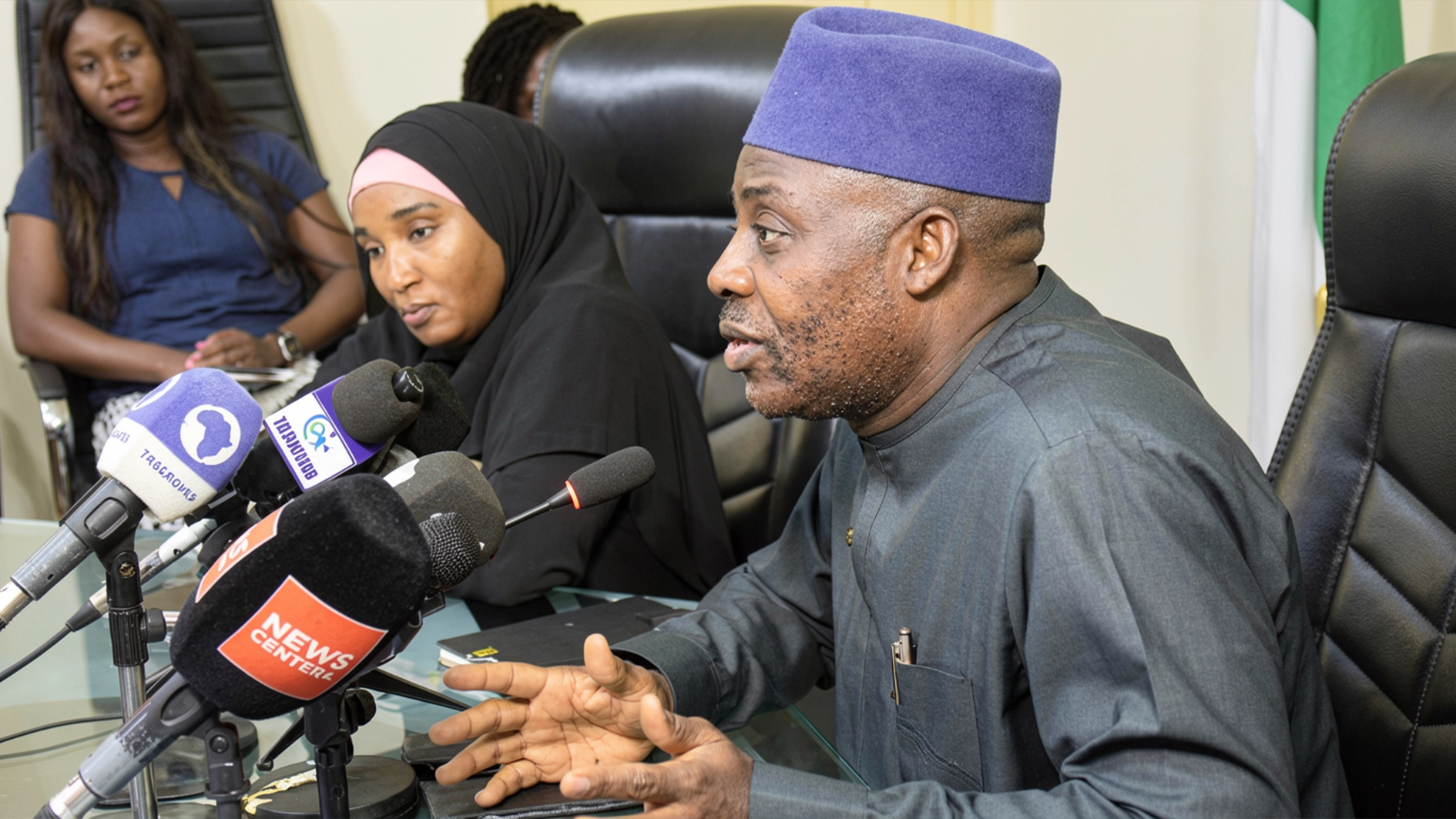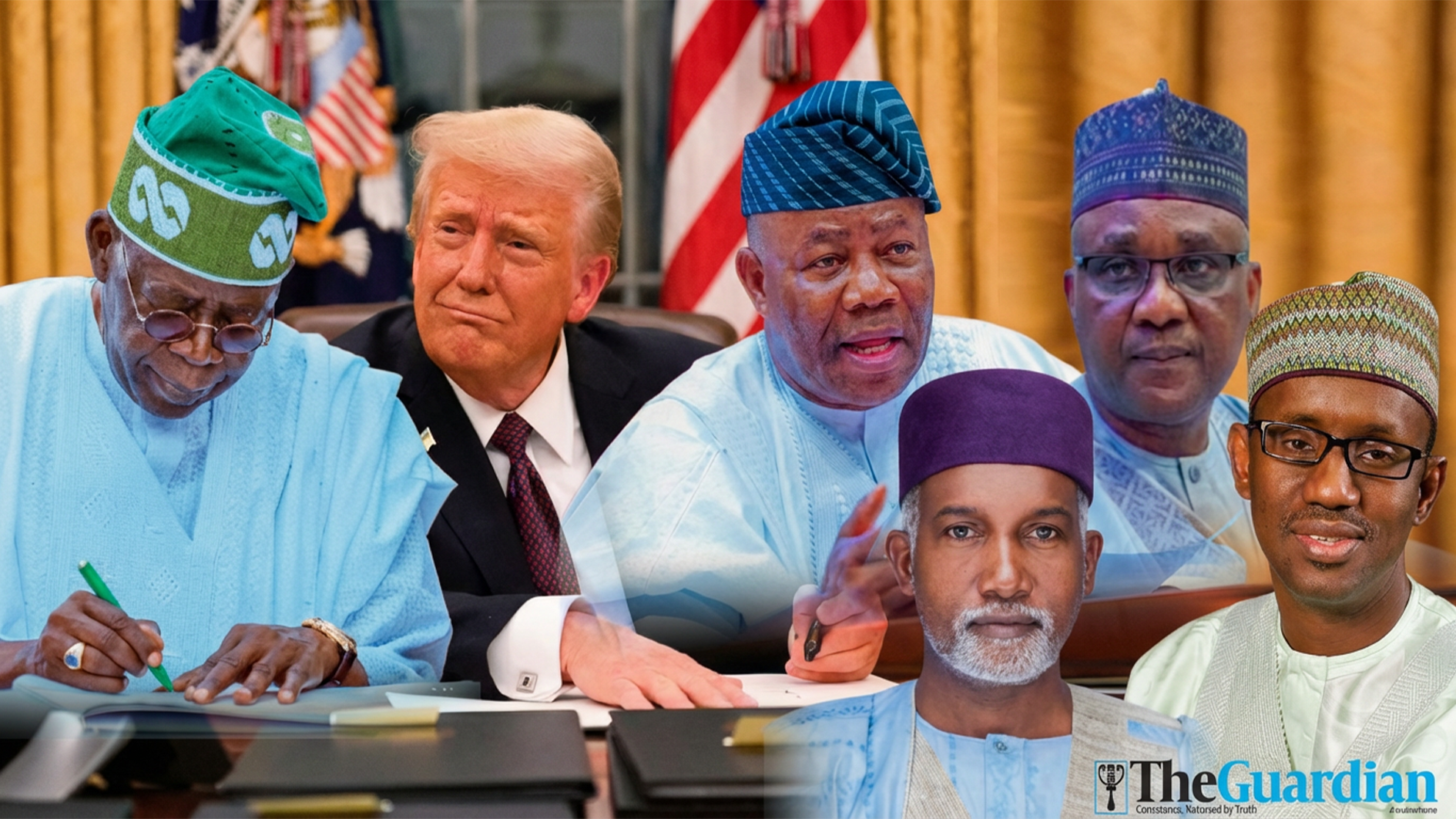A report released by an election monitoring group, Kimpact Development Initiative (KDI), has revealed that politicians engaged in widespread vote buying using snacks, beverages, and cash during the 2025 Anambra off-cycle governorship election.
The organisation, in its final post-election report, said vote trading occurred across all 326 wards, with party agents openly inducing voters and verifying their ballot choices before dispensing rewards.
Presenting the report to journalists in Abuja on Friday, the executive director of KDI, Bukola Idowu, described the scale of inducement as pervasive and alarming, noting that transactional voting is becoming entrenched in the state’s political culture.
According to KDI, voters in many polling units openly displayed their marked ballots to party agents, who then escorted them away to spots where they were given snacks or direct cash payments.
The organisation, which said it deployed 370 trained observers across the 326 wards in the state, said such practices undermine the integrity of the electoral process and signal a tacit tolerance across multiple political parties for behaviours that compromise voter autonomy.
“Vote trading in Anambra was observed in multiple forms, ranging from the exchange of small items such as snacks and beverages to cash inducements. Reports of this practice came from all the 326 wards, highlighting the pervasive nature of the challenge and its potential to distort electoral outcomes.
“The compromise of ballot secrecy has direct implications for the credibility and
fairness of the electoral process. It facilitates coercion, encourages transactional voting, and diminishes public confidence in the integrity of elections”, the report stated.
Despite security presence in over 88 per cent of polling units, the report said vote trading continued largely unhindered because officers were restricted by provisions of the Electoral Act, which required the presiding officer’s approval before making arrests at polling units.
This loophole, the report said, created a passive enforcement environment where security personnel observed infractions but did not intervene.
It called on the National Assembly to amend the law to expand officers’ powers to act immediately in cases of vote buying, intimidation, and obstruction.
Beyond vote trading, the group said it documented 35 incidents of election-related violence, including voter intimidation, clashes, ballot box snatching, and the killing of a councillor in Orumba South by gunmen.
“Voter intimidation and harassment accounted for the highest number of reports, with eighteen incidents recorded. Group clashes were documented in fourteen locations, while ballot box snatching occurred in one polling unit (this was done by a non-armed actor; security personnel present at the PU were able to curtail this situation and voting resumed).
“KDI also recorded one case of accidental discharge by a security officer that disrupted voting at the affected polling location,” the report added.
The document revealed that late commencement of voting further marred the exercise, noting that “although officials arrived many units around 8:00 a.m., accreditation and voting did not begin until 9:13 a.m. on average, owing to logistical difficulties, confusion over polling-unit locations and delayed security deployment.”
The group commended the Bimodal Voter Accreditation System (BVAS) for functioning effectively in more than 96 per cent of polling units and noted that accreditation was completed in under two minutes in most cases.
KDI also praised INEC for uploading 98 per cent of polling-unit results to the IReV portal by midnight, describing it as an improvement in transparency.
The organisation however said its Ballot Integrity Project flagged minor inconsistencies in registered-voter figures, discrepancies in accredited-voter totals and isolated cases of overvoting.
According to KDI, the issues require internal review but do not affect the overall outcome.
On the conduct of security agents, the report said officers generally demonstrated professionalism in their interactions with voters, and most officers were human rights-friendly, and polling environments remained orderly.
The report added: “KDI notes a troubling pattern of interference by political party agents across several polling units, reflecting a coordinated breach of electoral standards that threatens the credibility of the process.
“Observers documented repeated disruptions driven by party agents from the All Progressives Grand Alliance (APGA), the All Progressives Congress (APC), the Young Progressives Party (YPP), and others operating in ways inconsistent with Nigeria’s electoral guidelines.
“Field reports show that party agents directly engaged in vote-buying schemes that took different forms, including approaching and setting up informal checkpoints where individuals received payments after casting their ballots.
The organisation noted that while the election showed progress in technology deployment and transparency, persistent weaknesses such as vote buying, compromised ballot secrecy, weak enforcement and uneven security presence continue to undermine electoral integrity.
It recommended stronger logistical planning, stricter polling-unit setup standards, enhanced security training and tougher sanctions for party agents involved in electoral violations.






